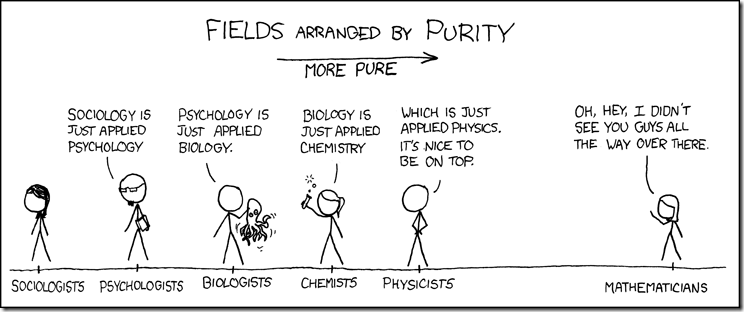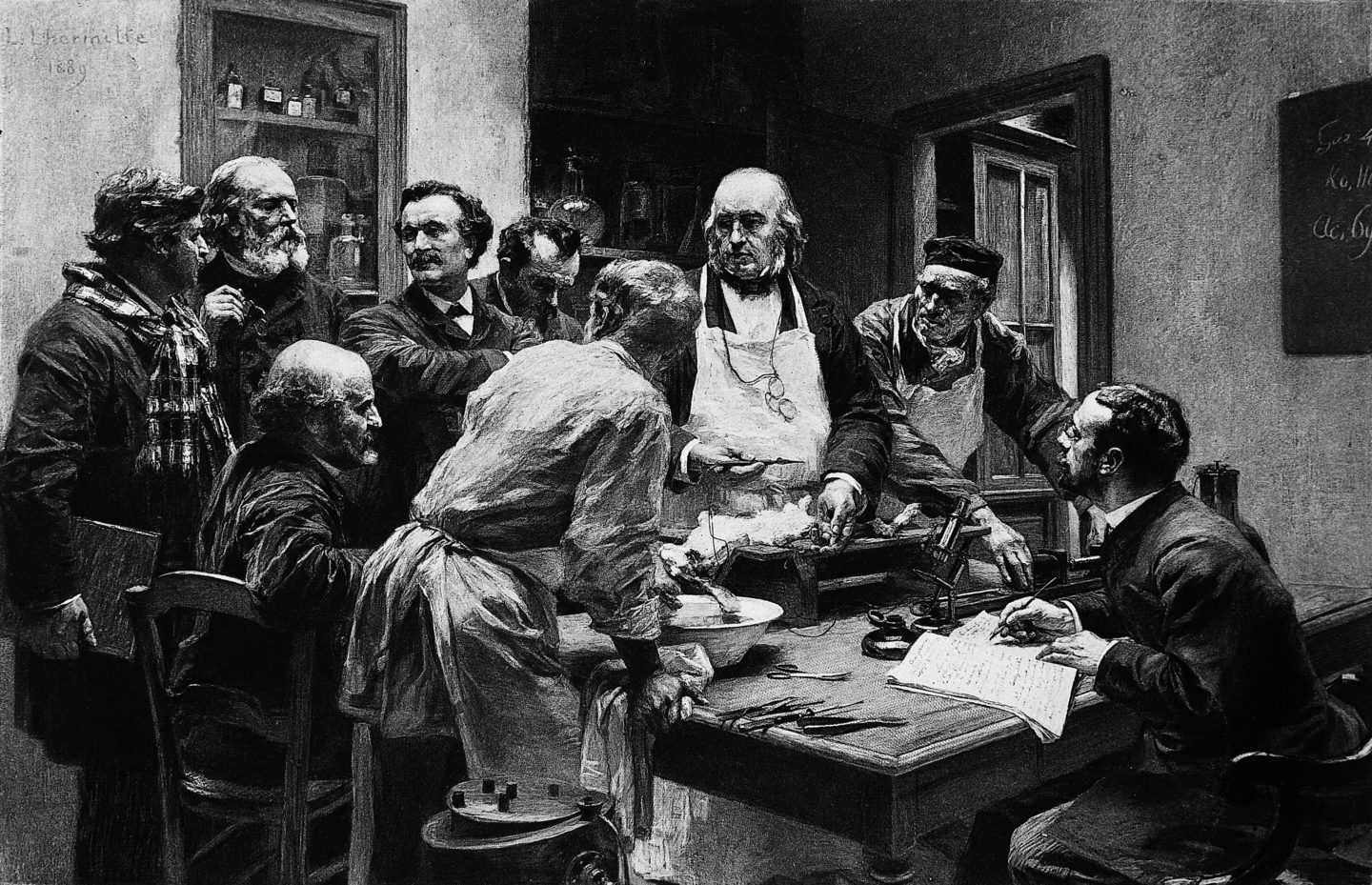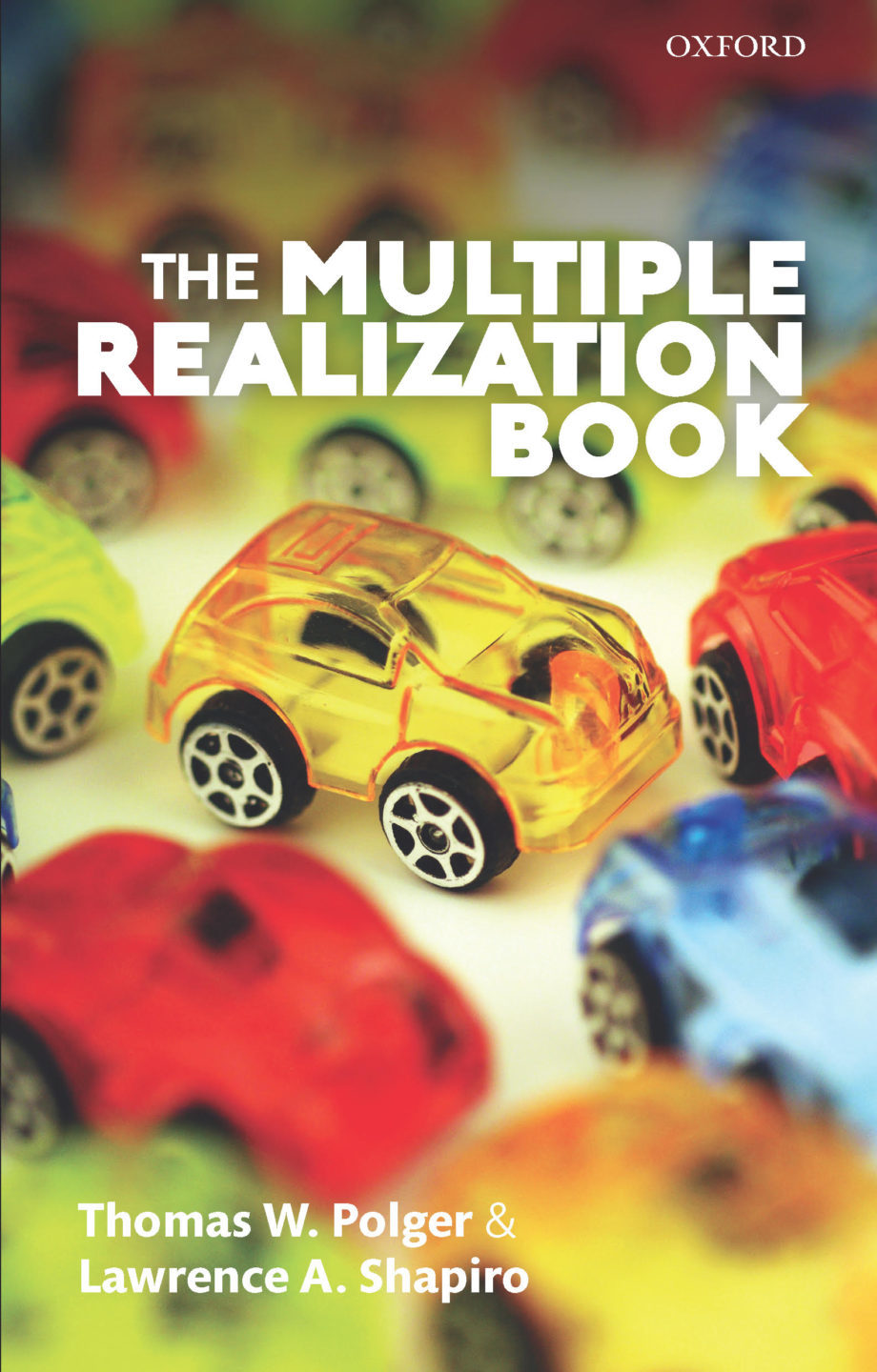1. An epistemic puzzle
On a traditional conception of the human mind, reasoning can be rational or irrational, but perception cannot. Perception is simply a source of new information, and cannot be assessed for rationality. I argue that this conception is wrong. Drawing on examples involving racism, emotion, self-defense law, and scientific theories, The Rationality …






